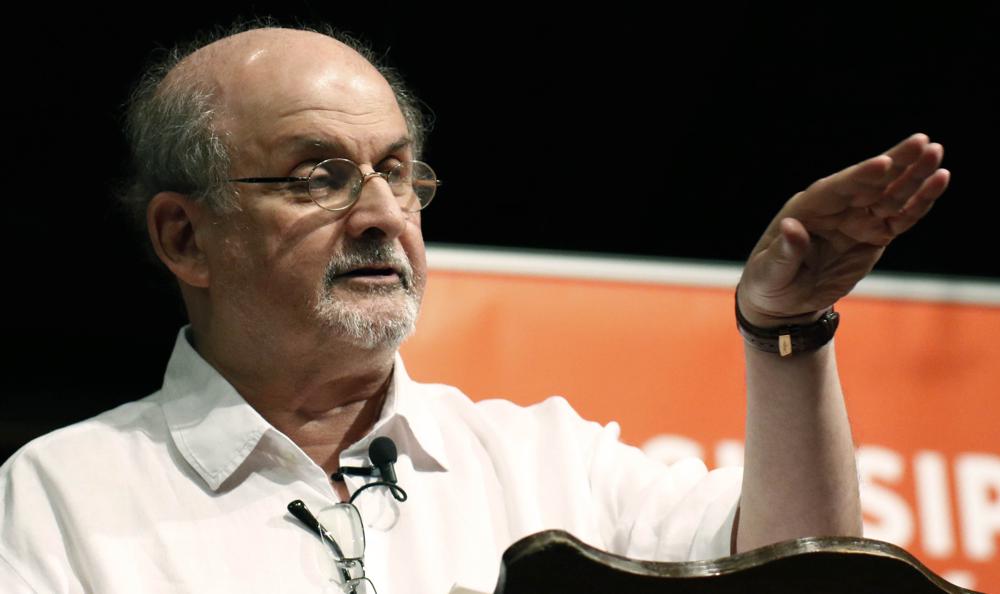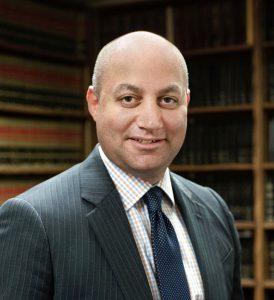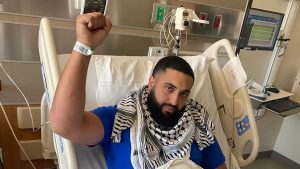Author Salman Rushdie was stabbed on stage at the Chautauqua Institution, New York. A doctor present at the scene helped but the 75-year-old was flown by chopper to a hospital to receive treatment. As per last reports, he was on a ventilator, but now, fellow author Aatish Taseer tweeted that the Mumbai-born Booker Prize winner was “off the ventilator and talking (and joking)”.
Chautauqua Institution president Michael Hill also provided a similar update in a tweet of his own.
Andrew Wylie, Rushdie’s agent, confirmed the news without providing additional details, as per the Associated Press.
His agent had previously shared the update that the author wasn’t in good condition as he remained on a ventilator and was unable to speak. Speaking to news outlets, Rushdie’s agent continued that the author was likely to lose one eye and had suffered nerve damage in one arm.
Also Read | Attack on Salman Rushdie was ‘preplanned’, says prosecutor
The assailant, identified as Hadi Matar, stabbed Rushdie in the neck and abdomen. The 24-year-old New Jersey resident was later apprehended by a State Trooper and was carrying a fake driver’s license.
This attack on Rushdie has drawn condemnation from various quarters including former British PM Boris Johnson and American President Joe Biden. The acclaimed but controversial author’s fourth book was The Satanic Verses, which came out in 1988 and Muslims perceived it as an offence believing Rushdie disparaged Prophet Mohammad. In 1989, then-Supreme Leader of Iran, Ayatollah Khomeini, issued a fatwa against Rushdie and in 2016 again there was a bounty placed on the author’s head.
Matar’s now-defunct social media profiles indicate that his sympathies lie with Khomeini and the fake driver’s license he was carrying bore the name of the second-in-command of the Hezbollah, sparking speculations about the US-born individual’s ties to the terror outfit.
Also Read | Iranians react with praise, worry over Rushdie attack but government quiet
Rushdie’s book ended up being banned in many countries but the author remained a staunch defender of freedom of speech, and his talk at the New York institution was about the US acting as a safe haven for artists.







